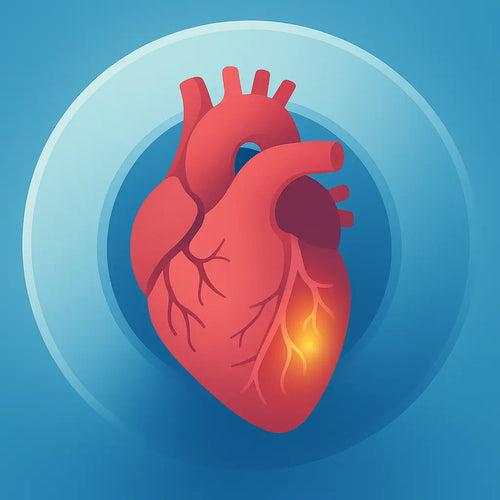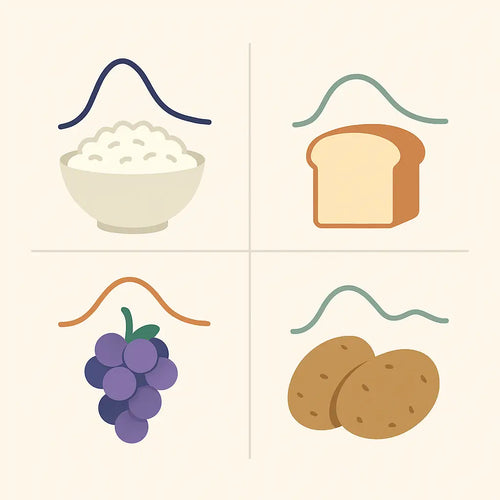When patients with major depression were compared with a healthy control group it was found that the patients with depression had a significantly higher level of malondialdehyde (Bajpai A, et al. 2014).
Malondialdehyde is a byproduct of lipid peroxidation and is a marker of oxidative stress.
Blood levels of nitrite, ascorbic acid and superoxide dismutase were all significantly lower in the depressed patients. These substances act as antioxidants.
The higher level of oxidative stress and lower levels of antioxidants indicate a high degree of oxidative stress in depression.
What can you do about it?
You guessed it, eating a healthy diet; but you can also do more.
Glutathione (which the body makes, but makes less of as we get older) is a very effective antioxidant involved in numerous functions.
Glutathione also has crucial functions in the brain as an antioxidant, neuromodulator, neurotransmitter and enabler of neuron survival and is essential for optimal functioning of the immune system (Morris G, et al. 2014).
Depletion of glutathione leads to exacerbation of damage by oxidative stress and increased levels of pro-inflammatory cytokines.
The most effective way to increase your glutathione level is to take glutathione, but it needs to be in a form the body can use.
Regular reduced glutathione which has been on the market for many years is not worthwhile taking because it is oxidized in the stomach (damaged) and is of very little use.
S-acetyl glutathione is however an effective form the body can use.
Effective S-Acetyl Glutathione
Glutathione is your primary defense against aging.
It’s a very effective antioxidant the body makes to protect itself from free radical damage (oxidative stress). It can help repair cells that are damaged by stress, radiation, pollution, infection, and other illnesses.










